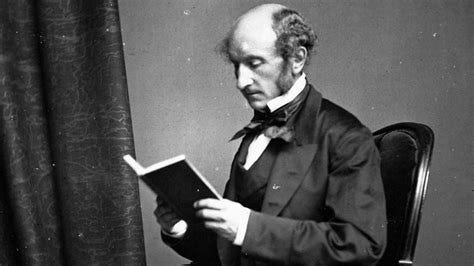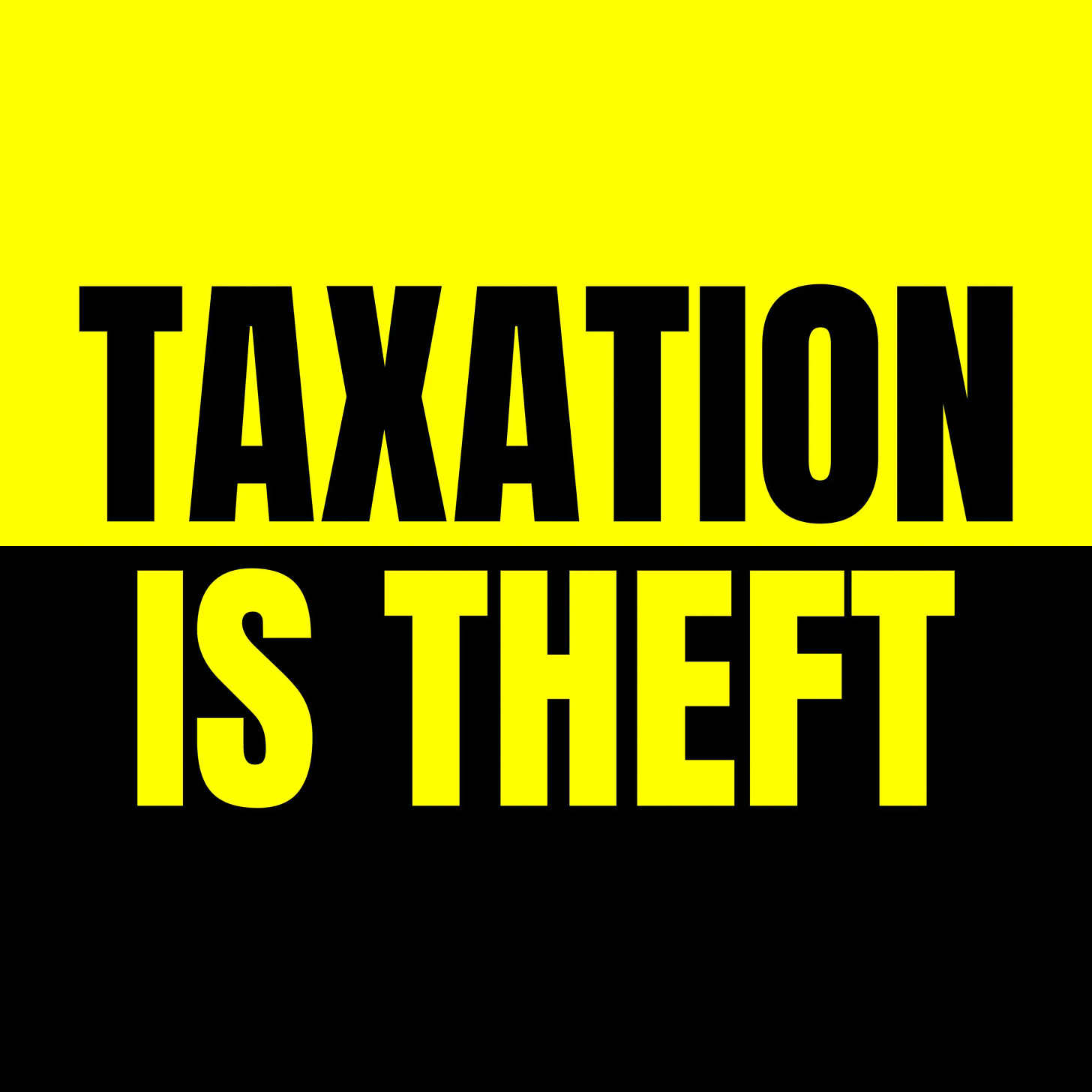In Australia, conservatives and libertarians tend to get along.
Neither has sympathy for the woke, neither declares their pronouns, chooses their gender, or seeks to cancel those with whom they disagree. They both believe in things such as equality before the law, the presumption of innocence, parental responsibility, religious freedom and democracy. Indeed, some conservatives tend to think that libertarianism is merely conservatism under another name.
That is not the case though; libertarianism and conservatism originate from quite different places.
It is worth understanding those places so that when they do diverge, it is not unexpected. It also helps those who are unsure of their own position.
Libertarianism is a political philosophy based on individual freedom. Before the Americans corrupted the word it was once synonymous with liberalism, but now it’s also known as classical liberalism. Some people prefer to call themselves classical liberals to avoid being mistaken for members of the US Libertarian Party, but there is no difference.

The origins of libertarianism can be traced to the Enlightenment philosophers, particularly John Locke, and to John Stuart Mill’s harm principle, which says that people should be free to act however they wish unless their actions cause harm to somebody else.
Conservatism is not a political philosophy but a preference for the status quo. Edmund Burke described it as an “approach to human affairs which mistrusts both a priori reasoning and revolution, preferring to put its trust in experience and in the gradual improvement of tried and tested arrangements.”
That it is not a philosophy can be seen from the fact that in the former Soviet Union, those who lamented the fall of communism (the status quo at the time) were also conservatives. Obviously, in that case they had nothing in common with libertarians.

Libertarians tend to have a view of what an ideal society should be: one in which the government is kept small and limited to a narrow range of functions, such as national defence, criminal justice and the protection of private property, with everything else subject to free markets. Conservatives might acknowledge some change is justified at the margins, but they generally regard current institutions as worth preserving. Libertarians advocate low taxes; conservatives oppose increased taxes. If it ain’t broke don’t fix it, is a conservative sentiment.

Where coercion is involved, the two can part company. This was illustrated by the debate over same sex marriage. Libertarians supported the change because it removed state intrusion from the choice of a spouse. Conservatives resisted the change on the grounds that marriage is a longstanding and revered institution.
It is similar with illicit drugs. Conservatives tend to disapprove of them and are happy they are prohibited. Libertarians argue that, although they might disapprove of them, it is a matter of personal choice unless others are being harmed (and concede that can occur in some circumstances).
Libertarianism and conservatism originate from quite different places.
Conservatives and libertarians generally agree that personal choice can be important. Libertarians support it in principle (the nanny state is anathema to them) while conservatives support it because it is the status quo. But this disguises a significant difference: libertarians believe personal choice is never the government’s business unless others are harmed, except for those unable to take responsibility for their choices (eg children). Conservatives believe some people make poor choices and may need saving from themselves, or that certain choices lead to additional cost to our socialised medical system (which is the status quo). This can lead to different positions on issues like drinking, smoking, gambling, sugar and bicycle helmets.
Things get interesting with firearms. Obviously, these have the potential to harm others if misused, but that is true of other things. For libertarians, the problem is that gun control invariably only applies to civilians, not the police or military. Laws are ultimately enforced by people with guns. As the saying goes, when government fears the people there is liberty, but when the people fear the government there is tyranny.
Conservatives tend to have a more benign view of government and are reluctant to concede that it might ever be necessary to fight against or overthrow it by means other than elections.
Of course, there are libertarians who take a conservative approach on some issues as well as conservatives who have libertarian tendencies. Upholding principles can be challenging. It is easy to rationalise spending other people’s money on something close to your heart.
Conservatives tend to have a more benign view of government.
It is nonetheless a good idea for both libertarians and conservatives to periodically consider the reason for their views. Are they based on principles, or do they reflect a preference for the status quo? Are they consistent or hypocritical?
Libertarianism and conservatism are different, though they have much in common. But libertarians and conservatives also need each other, so understanding each other is important.
Thank you for your support. To help us in our battle to protect liberty and freedom please click here

David Leyonhjelm was an Australian Senator from 2014 to 2019 representing New South Wales for the Liberal Democratic Party. Notable for his libertarian consistency, David’s work in Senate Estimates attracted acclaim worldwide for its forensic examination of government
waste. Professionally, he is a veterinarian and agribusiness consultant.
The statements, views and opinions expressed in this column are solely those of the author and do not necessarily represent those of Patriotrealm.com


















































